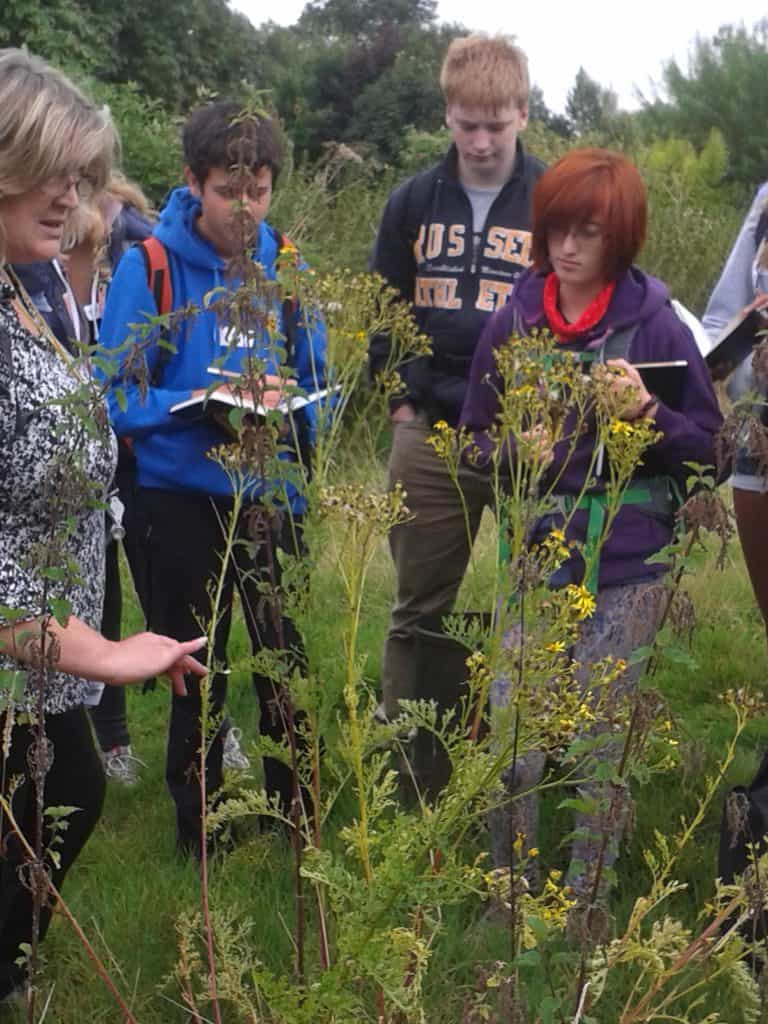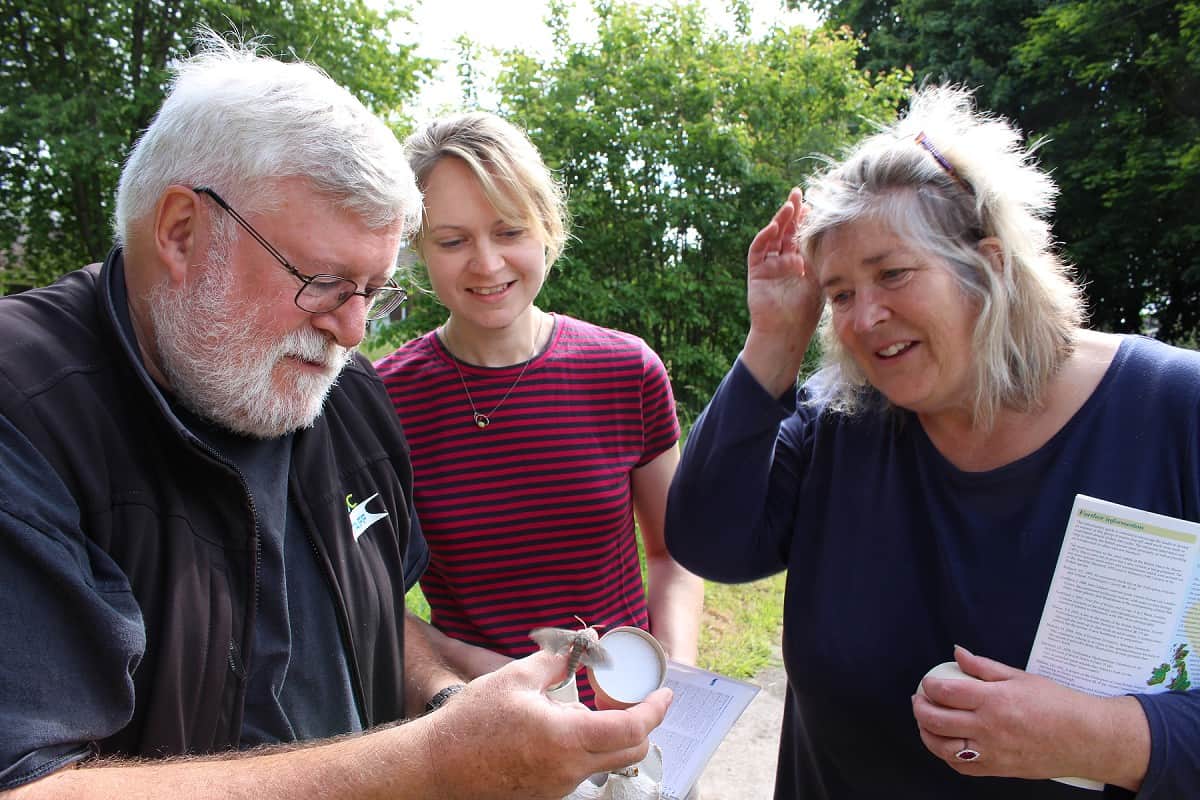
At FSC we’re marking International Day of Women and Girls in Science (Feb 11) by celebrating the inspirational career of our Biodiversity Learning Manager Sue Townsend and encouraging more females into science-related careers.
Sue is a leading scientist based at our Shrewsbury headquarters in Preston Montford who, over the years, has held a number of key positions.
But, at the end of this week, she will hang up her wellies for the very last time as she retires from her 40 year career.
I would love to see more girls choosing to take science-based subjects at A-Level and degree level and the reason for this is because we can. We do it well and all roles need balance and diversity to bring our advocacy and messages into society.
Women have excellent evaluation, communication and planning skills which makes them really good at science.
Sue Townsend, Biodiversity Learning Manager
Sue has undertaken a variety of roles during her inspirational career which began with her studying applied biology at university.
She started at FSC, which welcomes 165,000 learners to its 25 UK field study centres a year, as an Education Advisor. After a number of years she was appointed Head of Centre at Preston Montford and latterly she moved into the role of Biodiversity Learning Manager.
On a day-to-day basis her activities include preparing presentations, overseeing course administration and supporting staff.
She chose to pursue a science related career because she wanted to champion and care for the environment and the highlight of her career to date was being made an honorary member of the Natural Biodiversity Network.
But, her life in science hasn’t always been plain sailing and Sue admits having to overcome some pretty difficult challenges in the early days of her career.

One of the biggest challenges I faced was the parental perception that I would never get a proper job and then of course there were other challenges around poor pay associated with environmental science roles compared to other jobs in the commercial and medical sector.
Early on in my career there was also a bit of a ‘girls can’t do’ attitude but it was starting to change and I was lucky enough to be a part of that change.
When I first became head of centre at Preston Montford I had five letters from women congratulating me for breaking through the glass ceiling of the ‘gentleman’s naturalist club’.
Thankfully we’ve come a long way since then and there is now much more diversity across science related roles. Having said that, there is still room for many more girls and women in the field and my top tip for those wanting to pursue a science career is to ‘do it’.
Sue Townsend, Biodiversity Learning Manager
International Day of Women and Girls in Science is an annual celebration hosted by the United Nations to empower females and support full and equal access to and participation in science.
Current research suggests that less than 30 per cent of researchers worldwide are women and according to UNESCO data only around 30 per cent of all female students select STEM-related fields in higher education.*
The Field Studies Council has been providing environmental education for the last 75 years and over the next five years its aim is to engage more people across all ages in the natural world through its network of centres, courses and outreach programmes.
The FSC’s charitable work funds opportunities for those who otherwise would not be able to take part.

